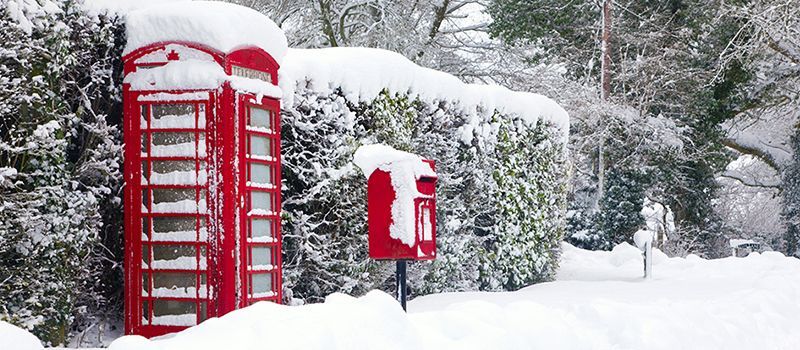Please see below some advice from the Department of Health to keep warm and well during periods of cold weather:
- Keep curtains drawn and doors closed to block out draughts.
- Have regular hot drinks and at least one hot meal a day if possible. Eating regularly helps keep energy levels up during winter.
- Wear several light layers of warm clothes (rather than one chunky layer).
- Keep as active as possible.
- Wrap up warm if you need to go outside on cold days.
Keep your main living room at around 18-21°C (64-70°F), and the rest of the house at least 16°C (61°F). If you can’t heat all the rooms you use, heat the living room during the day and the bedroom just before you go to sleep.
The Department of Health’s cold weather plan gives more information on how cold weather affects health and gives advice on what to do in cold weather emergencies. Removal of food waste from outside bins is very important, but bins should be close to the home and the area should have plenty of grit /salt to prevent accidents.
Icy conditions
Icy pavements and roads can be very slippery. Take extra care if you go out and wear boots or shoes with good grip on the soles. The Met Office advises putting grit salt or cat litter on paths and driveways to lessen the risk of slipping. It adds that you should wait until the roads have been gritted if you’re travelling by car.
Bear in mind that black ice on pavements or roads might not be clearly visible and that compacted snow may turn to ice and become slippery.
Weather warnings
The Met Office provide the weather forecasts for broadcasts on radio and TV, so listen in to these bulletins regularly to keep up to date with the weather. Severe weather warnings are also issued on the Met Office website www.metoffice.gov.uk, or you can ring the customer service on 0870 900 0100.
Look out for others
Check up on friends, relatives and neighbours who may be more vulnerable to cold weather. Cold weather is especially dangerous for older people or people with serious illnesses, so check up on them if you can. People with heart or respiratory (breathing) problems may have worse symptoms during a cold spell and for several days after temperatures return to normal.





